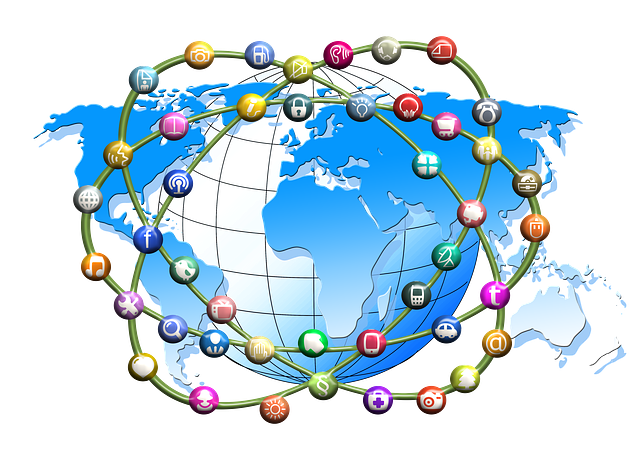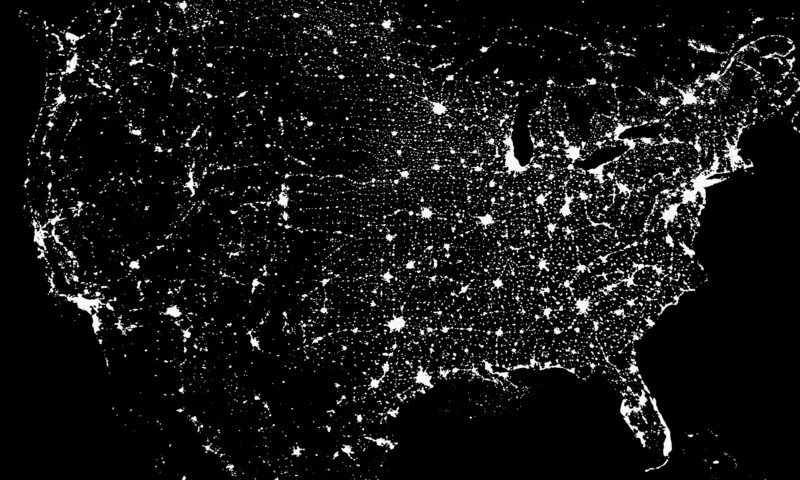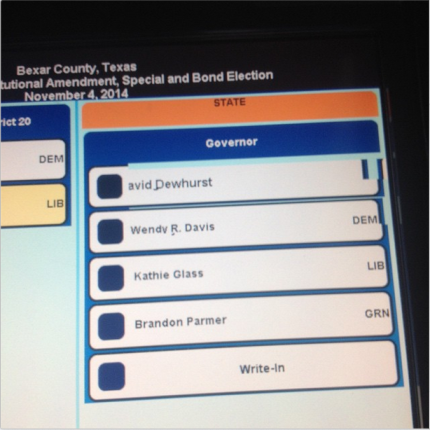Tech
Could Wifi be harming YOUR health? That’s what a growing number of people believe is triggering their headaches, nausea and crippling pain
Up to 5 percent of the population — more than 3 million people — believe they are affected by some degree of electro-sensitivity, an allergy to the radiowaves and microwaves emitted by devices. These range from mobile phones to television screens and even light bulbs. The waves are a form of non-ionising radiation, designed to be too low in frequency to affect people.
Canada has the most computer literate kids
Our northern neighbors not only excel at making maple syrup, they’re also very successful at educating their youngsters. A new test measured the computer competency of thousands of Canadian kids, who reached an above average score, reports Engadget. In Ontario, 60,000 eighth graders took the International Computer Literacy Study, which assesses their ability to use a computer effectively, the website reported.
The Future Of Relationships? Soon Millions Of Men Will Be Having Sex With Life-Like Female Robots
If men had a choice between real women and female robots that were almost “virtually indistinguishable” from real women, which would they choose? Certainly many men would never be willing to totally give up on relationships with living, breathing women, but as robotic technology continues to advance at an exponential rate there will be men (and women) that will be tempted to abandon real relationships entirely. And that day is approaching a lot faster than you may think.
Hidden Camera Report Catches ‘Obama Phone’ Agents Illegally Signing People Up
They’re lined up outside welfare offices, on street corners and in supermarkets: people hawking free cellphones for those in need. CBS2 Investigative Reporter David Goldstein says it’s called the California Lifeline Program, but it’s more commonly known by another name.
NSA Director: Yes, China Can Shut Down Our Power Grids
China and “one or two” other countries are capable of mounting cyberattacks that would shut down the electric grid and other critical systems in parts of the United States, according to Adm. Michael Rogers, director of the National Security Agency and head of U.S.
Woman gets microchip implant so she can leave office keys at home
As Sweden’s the Local reports, 25-year-old Emilott Lantz from Umeå has a vast existential problem. She really doesn’t like carrying keys around. So she found a completely forward-thinking solution:
Iranian regime to block Instagram
A body tasked with policing the Internet in Iran laid down a two-month deadline Tuesday for Iran’s government to regularise the use of Instagram or access to the site would be blocked. The Iranian regime’s authorities regularly block Twitter, Facebook and other social networking sites while many officials of the regime use them. Mohammad Ali Asfani, a member of the committee for filtering the web, said the two months would allow authorities to contact Instagram over secure access to its contents.
The Cyborg Medicine of Tomorrow Is Inside the Veteran of Today
Super strong mechanical appendages and brain implants are common fixtures of a science-fictional future. More and more, American veterans are arriving at that future before the rest of us. As a result of military-funded programs, vets are becoming the research platform for cybernetic technologies that are decades beyond commercial state of the art and that could one day elevate humanity beyond its natural biological limitations.
U.S. Postal Service Hacked
Hackers recently broke into a U.S. Postal Service computer system and stole personal data, including social security numbers, for 750,000 employees and retirees, a U.
Your Television Is Watching You
“The FBI will not have to bug your living room; you will do it yourself.” So says Michael Price of Salon.com, the nervous new owner of a “smart” TV – a web-connected telly that recognises his face, listens to his voice, and could send that information (and more, including emails he receives) to a third party.
Millions of voiceprints being collected by governments, corporations
Over the telephone, in jail and online, a new digital bounty is being harvested: the human voice. Businesses and governments around the world increasingly are turning to voice biometrics, or voiceprints, to pay pensions, collect taxes, track criminals and replace passwords.
China claims new laser cannon shoots down drones
China has developed a laser cannon to shoot down small, low-flying drones, according to China’s state-controlled news agency Xinhua. The weapon can zap targets within a radius of 1.2 miles.
Texas Official Says They’re Investigating Voting Machine That Appeared to Leave Off GOP Gubernatorial Candidate’s Name
An elections administrator in Bexar County, Texas, says her office is investigating a voting machine that appeared to leave off Republican gubernatorial candidate Greg Abbott’s name. “We’ve had complaints that we don’t understand,” Jacque Callanen told TheBlaze. “I’m sending someone out to bring that booth into us.















